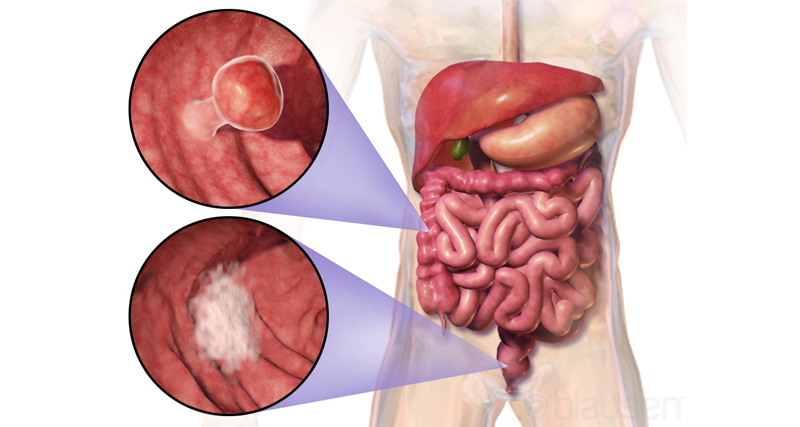Bowel Cancer – Overview
Bowel cancer, also known as colorectal cancer, is a common and potentially deadly cancer that affects the large intestine, including the colon and rectum. It usually begins as small growths called polyps, which may become cancerous over time if not detected and removed early.
This condition ranks among the top five most common cancers worldwide, including in South Africa. It typically affects people over the age of 50, but younger cases are becoming more common, partly due to changes in diet, lifestyle, and genetic awareness.
Early detection is critical — when diagnosed at an early stage, this condition has a high survival rate, especially with surgery and appropriate treatment.
Common symptoms of bowel cancer:
- A persistent change in bowel habits (diarrhoea or constipation)
- Blood in the stool or rectal bleeding
- Unexplained weight loss
- Abdominal pain or cramping
- A feeling that your bowel doesn’t empty completely
- Fatigue or weakness caused by anaemia
Because these symptoms often resemble other digestive conditions like IBS, haemorrhoids, or infections, bowel cancer can go unnoticed until it has progressed. This is why screening and awareness are so important.
In South Africa, awareness is growing, but screening remains limited in public facilities. Most people are diagnosed only after symptoms appear, which often means later stages of the disease.
This condition affects men and women equally, and risk increases with age. However, lifestyle factors — such as low fibre intake, high consumption of red or processed meat, obesity, and alcohol — also play a major role.
When found early, bowel cancer is one of the most treatable cancers, with surgery, chemotherapy, and radiation therapy offering effective options.
👉 [Next: Causes and Risk Factors of Bowel Cancer]


